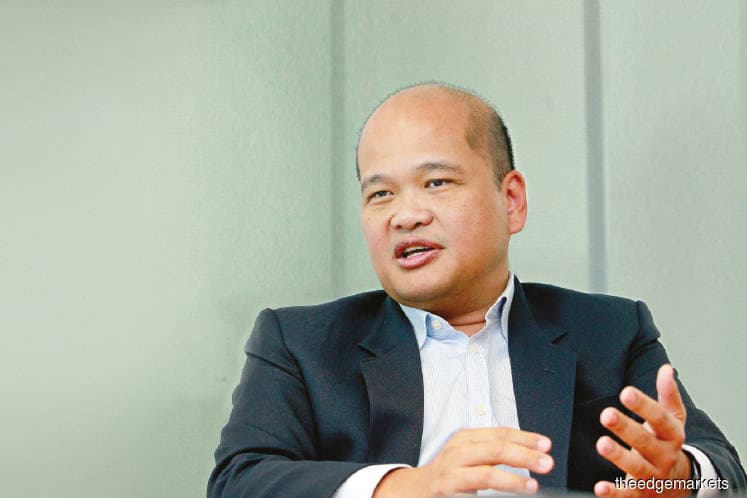
This article first appeared in The Edge Financial Daily on January 15, 2020
KUALA LUMPUR: Malaysian sovereign wealth fund Khazanah Nasional Bhd managing director Datuk Shahril Ridza Ridzuan said yesterday the government should do away with having golden shares in government- linked companies (GLCs) as a means of control.
This is because the mechanism is no longer needed as GLCs can be regulated via industry regulators rather than by direct intervention in the company’s management, which could be detrimental to the company’s way of doing business, said Shahril.
“You can actually regulate how the businesses are run through regulation rather than through the golden share.
“In the past, when regulation was not really effective, and there was not a very good professional framework, the golden share was a way [for] the government [to] control how these companies operate,” Shahril said during a panel session discussion yesterday at the Bank Rakyat Integrity Forum 2020.
In a company where the government owns a golden share, board members can recommend a candidate for a certain position but the government can decide to appoint someone else, Shahril said.
“Is that the right thing to do? I would argue from a commercial and business point of view [that] it is the wrong thing to do. I wouldn’t imagine that someone in government has a better idea on how to actually run a company rather than its own board of directors. But legally, they (the government) are entitled to do so.
“I would imagine, looking at past history of some of these companies, [many times] the CEO imposed by the government tends to be, for one or several reasons, the wrong choice.
“I think it is hard for people to give up on something that they already have, especially when you feel you have the right to appoint and control companies in this manner, to step back and see that they can actually regulate through the regulators,” he said.
Regulars need to be transparent and apply rules fairly
Shahril also pointed out that the ability of a regulator depends on the people involved and the skill sets they have.
“So you need to ensure you have the right people with the right skill sets, and more importantly, be transparent and clear on what the policies are,” he said.
Regulators and businesses can agree or disagree on the policy objectives, he said, but as long as regulators are transparent and apply the rules fairly, businesses can then reciprocate.
As an example, Shahril pointed to the proposed merger between the Malaysian Aviation Commission and the Civil Aviation Authority of Malaysia, which he said is relatively unclear in terms of what it means to the industry.
“In telco, the MCMC (Malaysian Communications and Multimedia Commission) is doing a good job, I think the new direction it is taking in terms of encouraging telcos to work together on capital roll-out is a right decision to make,” he cited as another example.
Council of Eminent Persons member Prof Jomo Kwame Sundaram, participating in the same panel session, concurred.
“I think there is a huge problem in that the role of the government can be easily abused not only through inappropriate regulation, and also in many other ways as we in this country know very well.
“We need to work with existing sets of regulations, we need to be serious in trying to enforce them.
“My vision would involve highlighting what would be considered the national interest. And that, I think, is much more difficult,” Jomo said.
The Malaysian government owns golden shares in key companies, including listed entities, deemed strategic to national interest, ranging from plantation companies to utility firms, port operators and logistics companies.
Among the listed companies it holds such shares in, via the ministry of finance, are FGV Holdings Bhd, Malaysia Airports Holdings Bhd, MISC Bhd, Tenaga Nasional Bhd, Telekom Malaysia Bhd and Westports Malaysia Sdn Bhd.